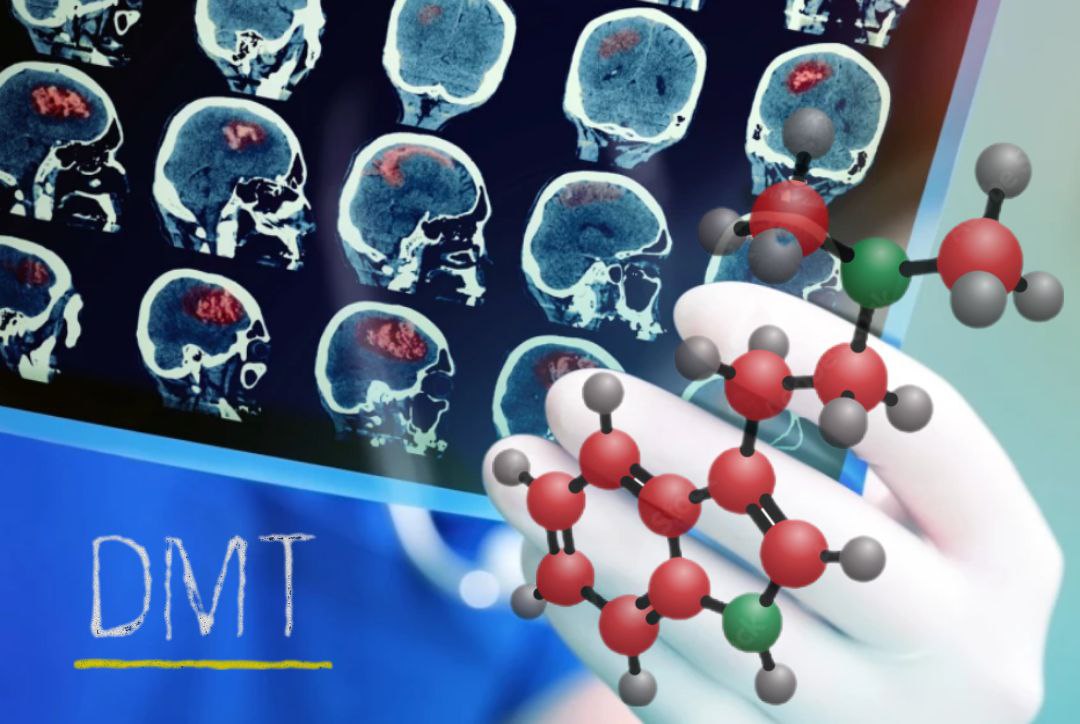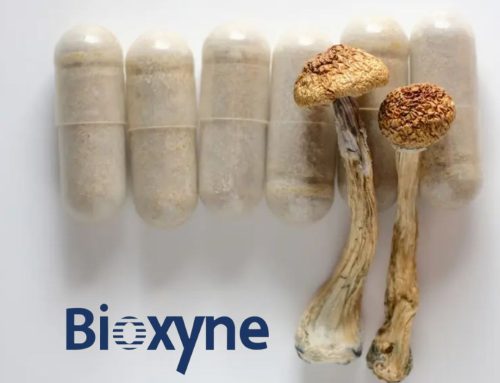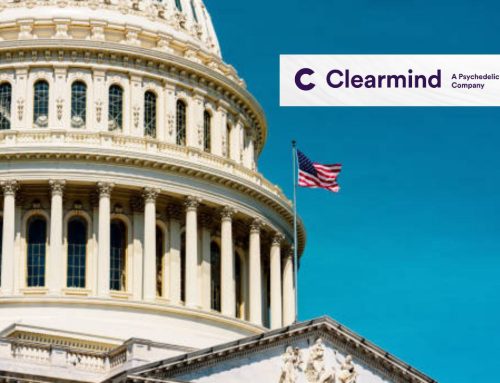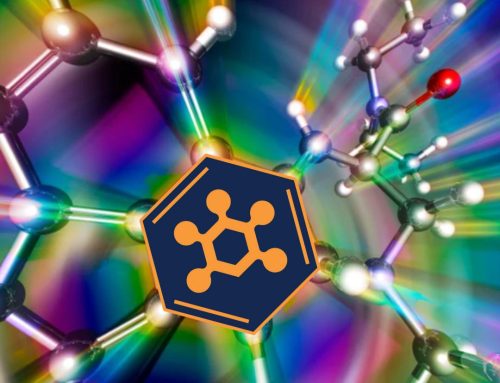DMT Reveals Promising Potential in Stroke Recovery, Study Finds
LOS ANGELES – A compound long associated with visionary experiences in plants like ayahuasca may hold untapped value in treating one of medicine’s toughest challenges: brain damage from strokes.
Hungarian researchers report that N,N-dimethyltryptamine, or DMT [a naturally occurring psychoactive substance found in various plants, animals, and humans] can shield neural tissue from further harm after a stroke.
In experiments with rats and human cell cultures, DMT cut the size of damaged brain areas by up to 50%, curbed swelling and restored the blood-brain barrier, which often breaks down during such events and lets in toxins. The work, detailed in the journal Science Advances, points to DMT’s action on sigma-1 receptors to dial back overzealous immune responses that worsen injury.
Strokes strike nearly 800,000 Americans yearly, according to the Centers for Disease Control and Prevention, often leaving survivors with lasting deficits in movement or cognition. Standard care centers on clot-busting drugs or mechanical removal, effective only in narrow windows and for specific cases. What sets DMT apart, the study suggests, is its broad-spectrum defense: it not only tamps down inflammation from microglia, the brain’s frontline immune cells, but also bolsters supportive astroglial cells that maintain barrier integrity. In treated animals, motor skills rebounded faster, hinting at preserved neural wiring.
This builds on prior hints of DMT’s neuroprotective bent. A 2020 rat study by the same lead author, Sándor Nardai, showed similar gains in function post-ischemic stroke. Yet the new data drills deeper, linking effects to receptor pathways that could explain why low, non-hallucinogenic doses suffice, a practical edge for emergency use, where full psychedelic effects might complicate care.
Still, caveats abound. Animal results, while consistent across models, do not guarantee human parallels; stroke’s chaos in people involves variables like age and comorbidities absent in labs. Regulatory scrutiny adds friction. DMT remains a Schedule I substance in the U.S., despite growing evidence of medical promise in areas from depression to end-of-life anxiety.
Biotech firm Algernon NeuroScience, which funded parts of the research, plans a Phase 2a trial in Hungary next summer to test safety and early efficacy in 40 stroke patients, dosing intravenously soon after onset. Endpoints will track infarct growth alongside basics like speech and vision – metrics that could sway investors if positive.




































